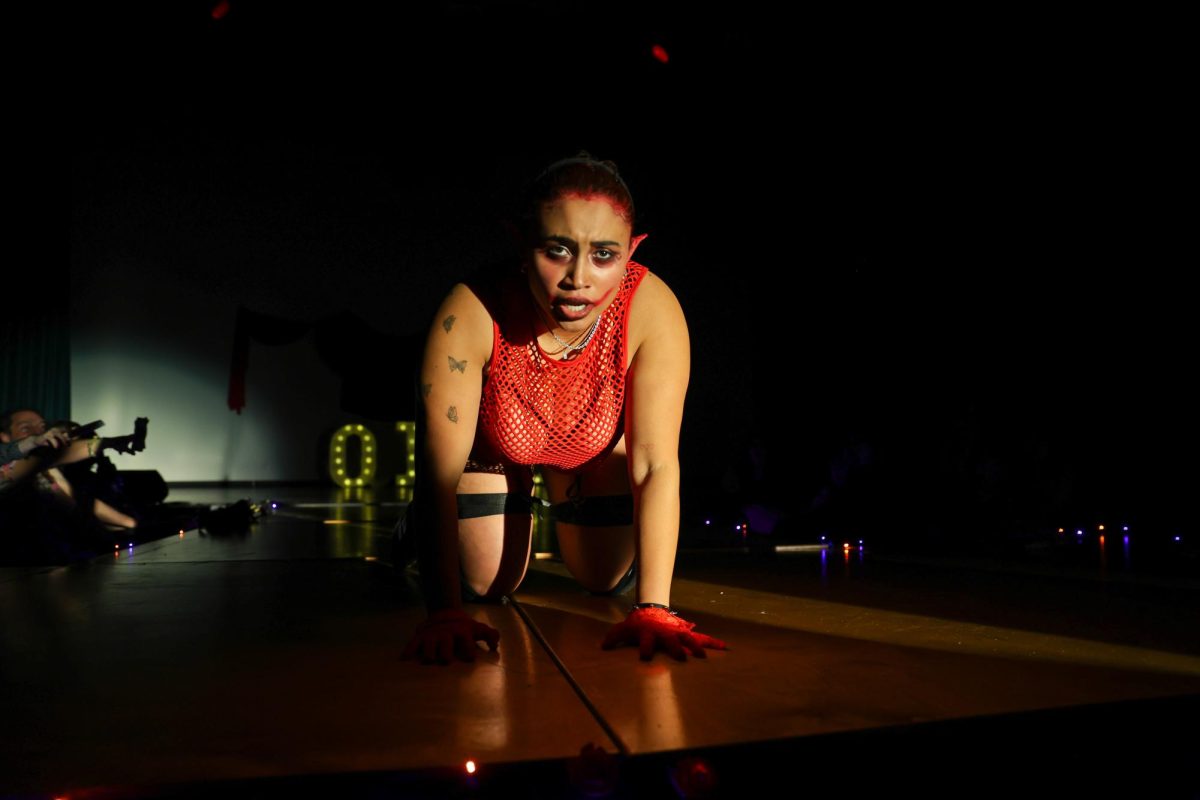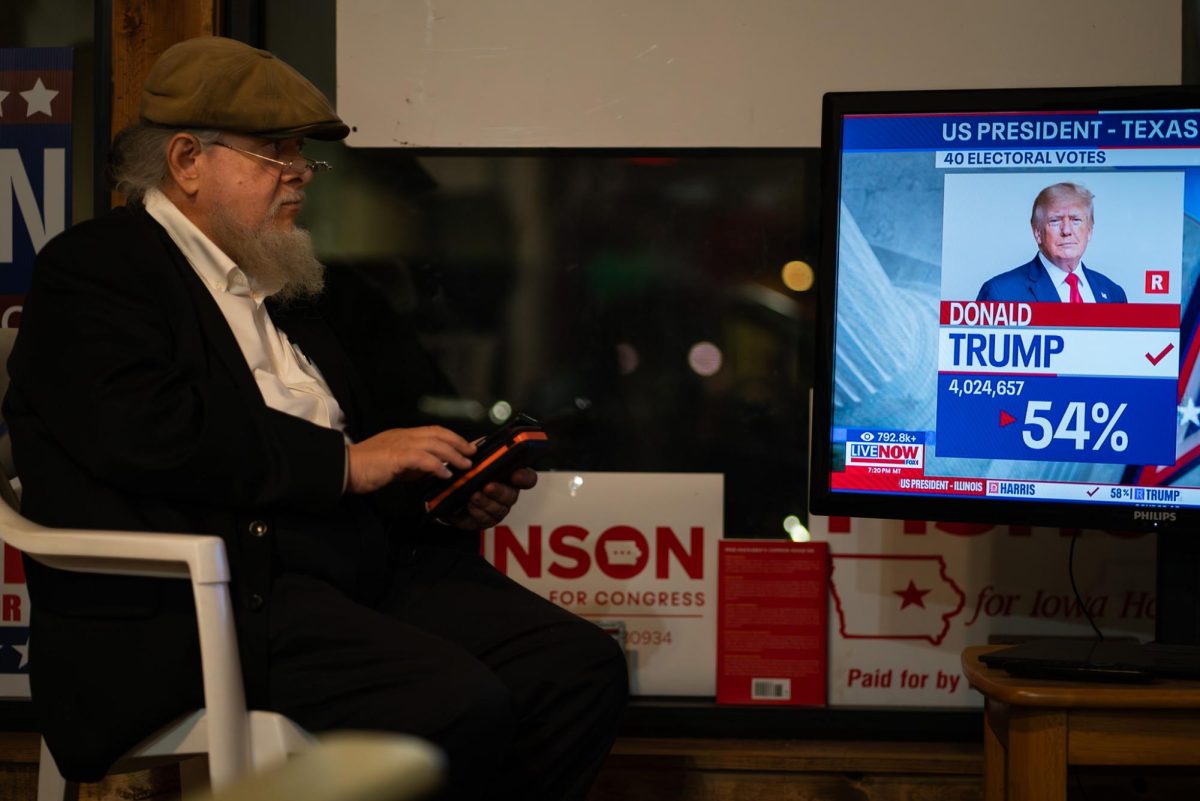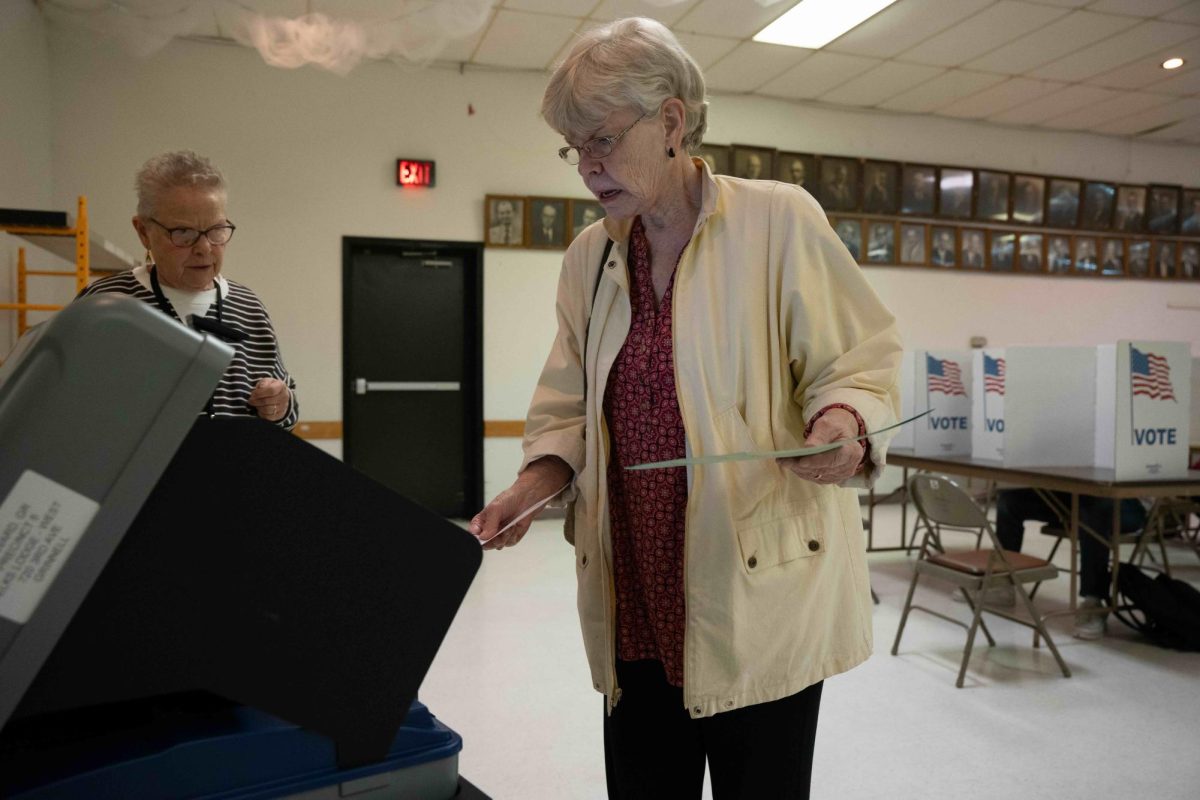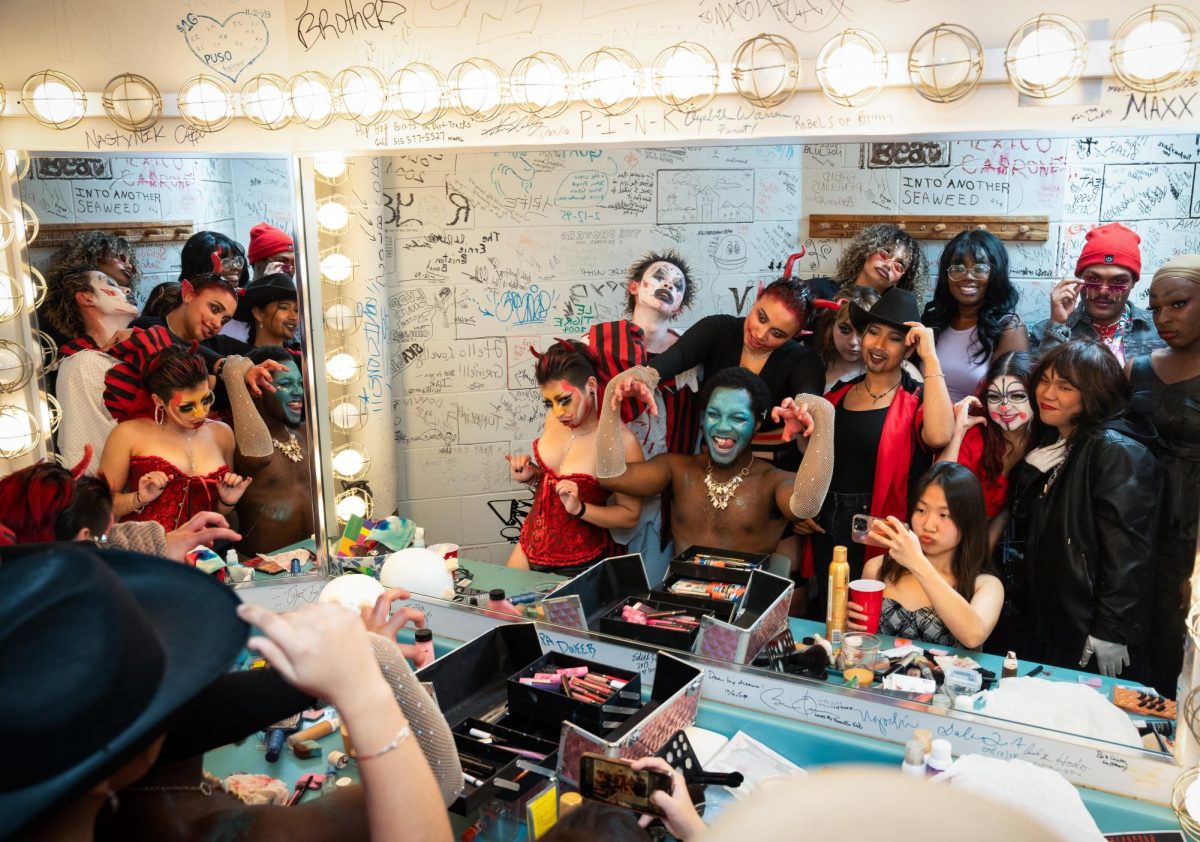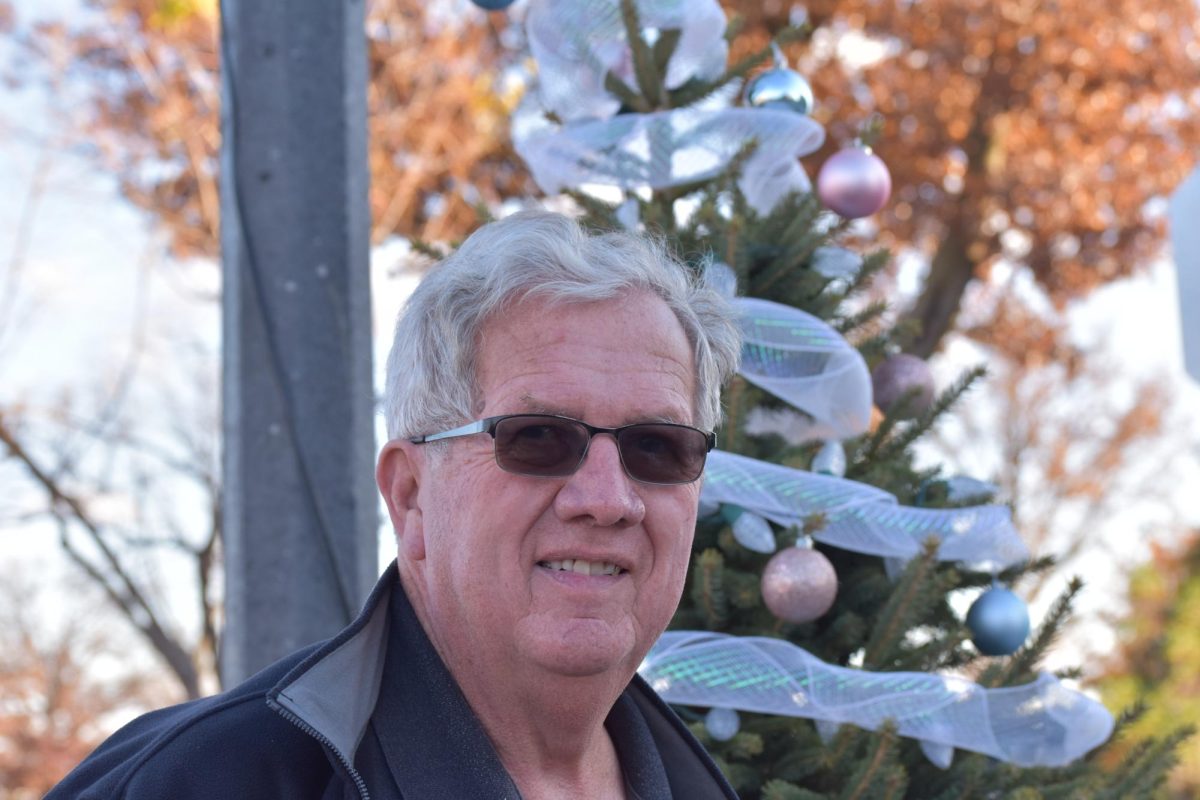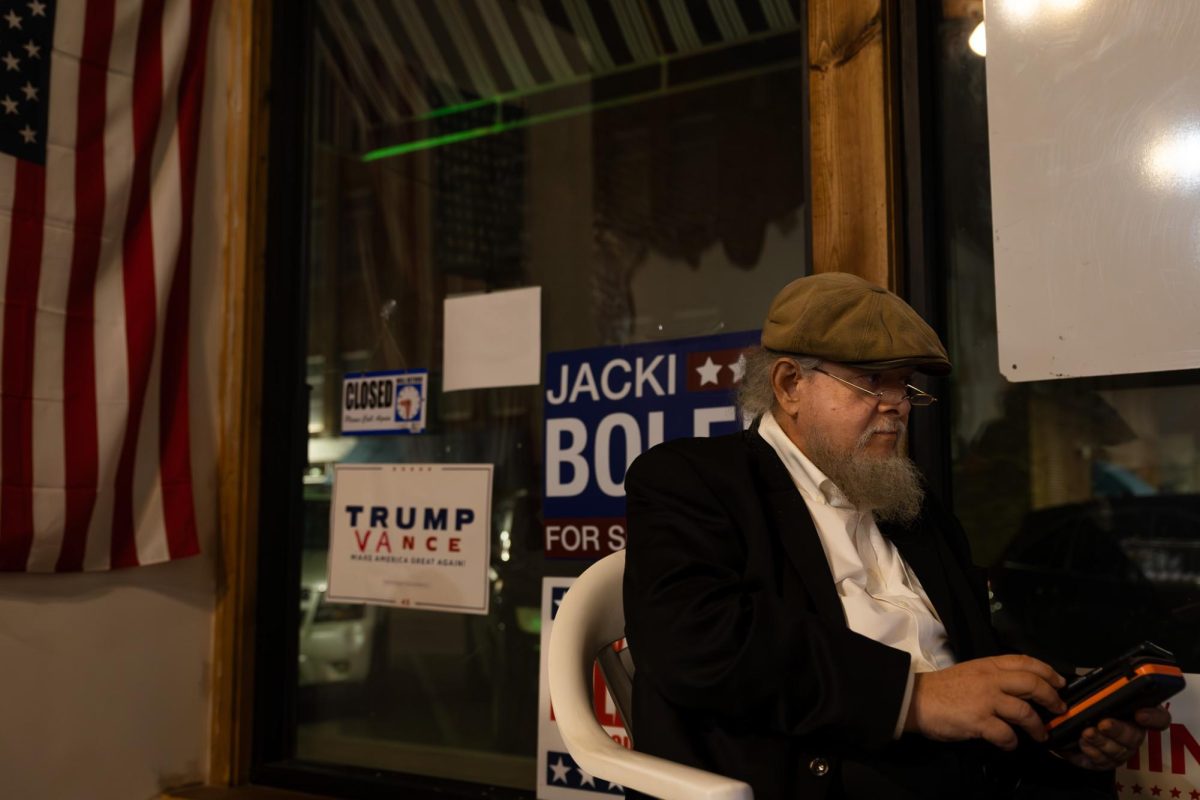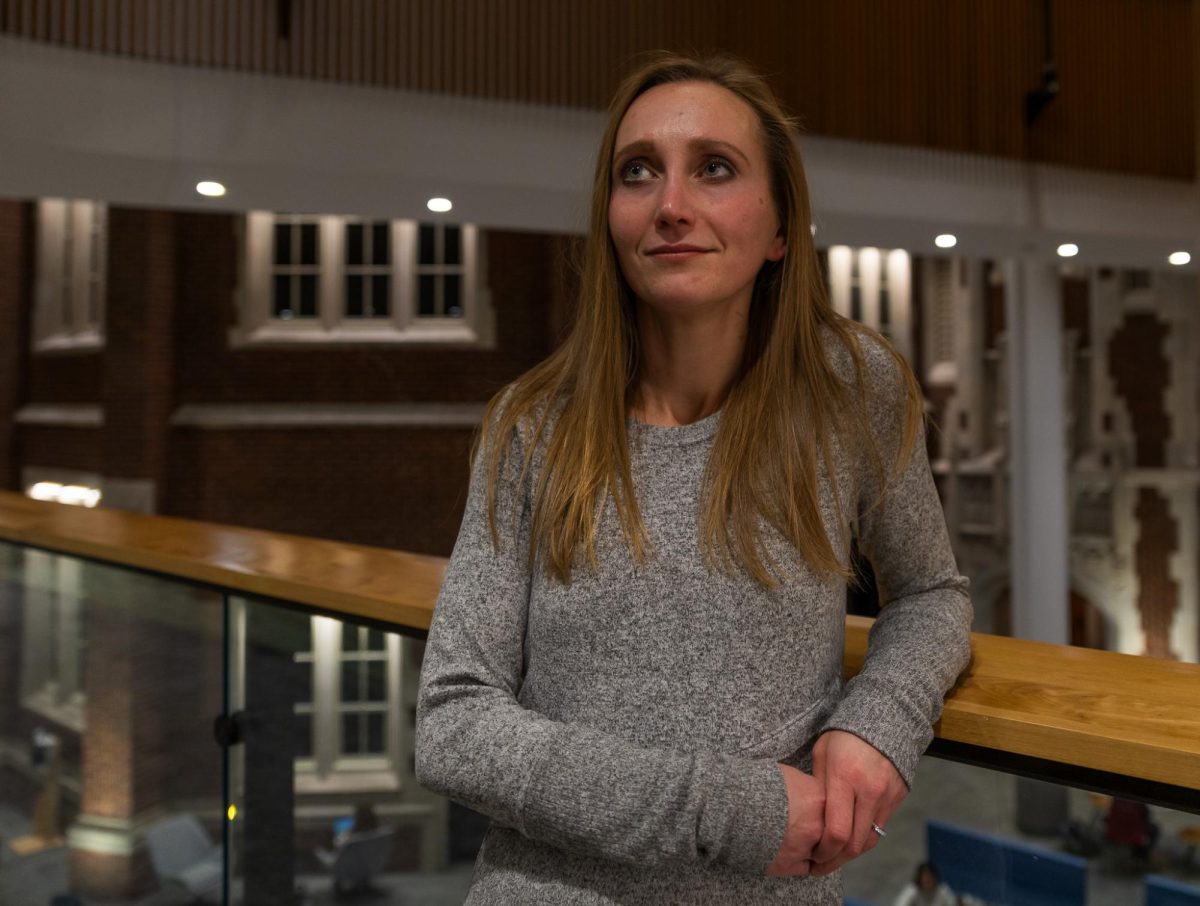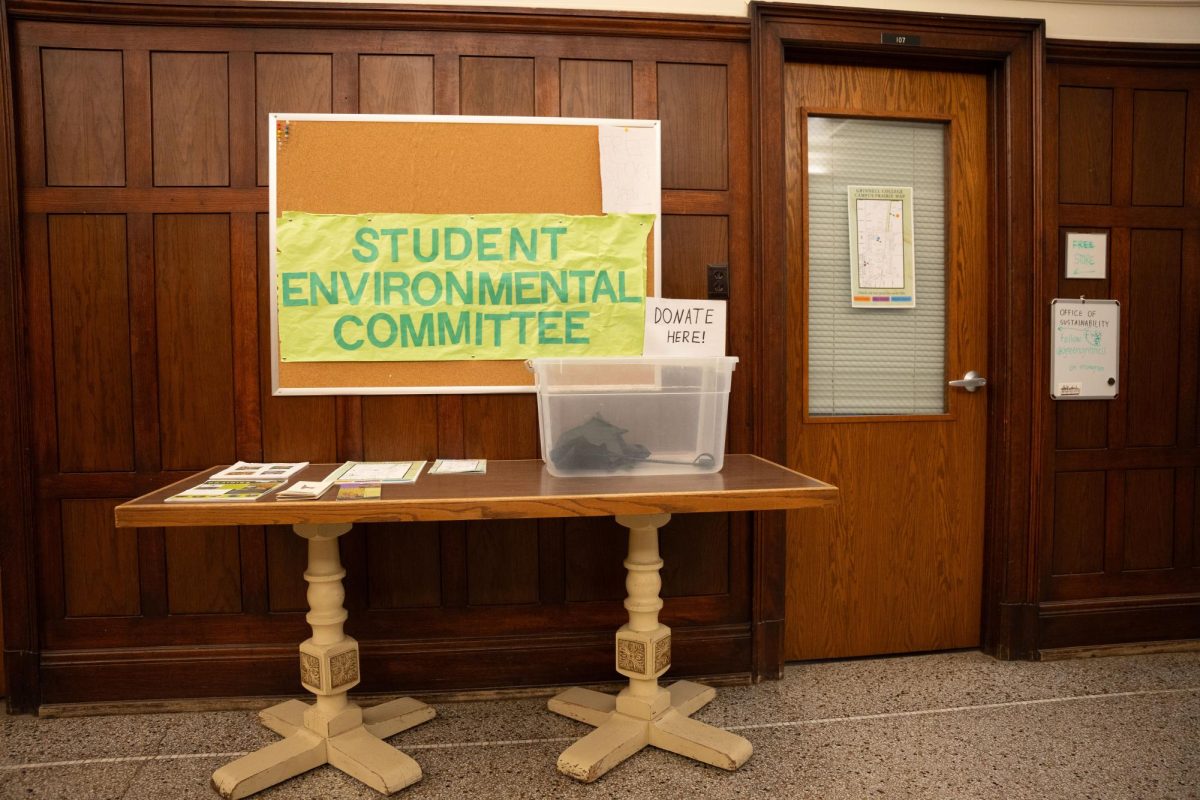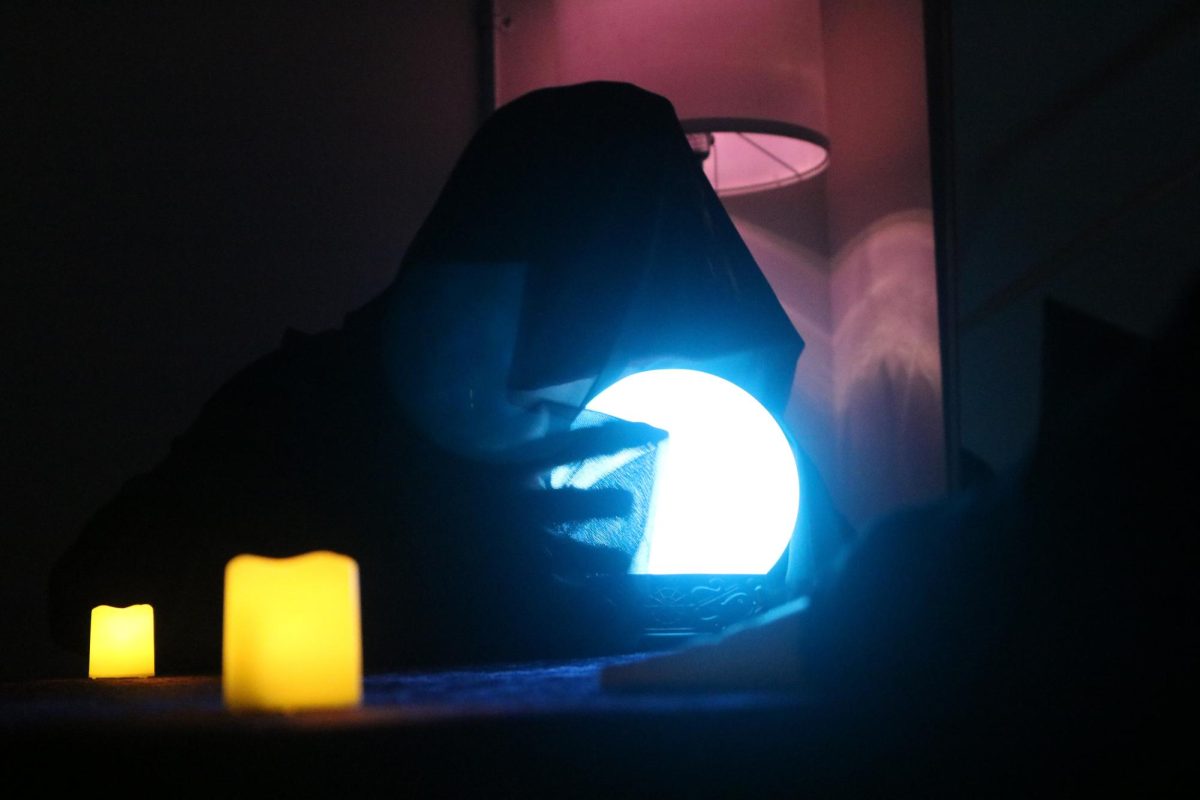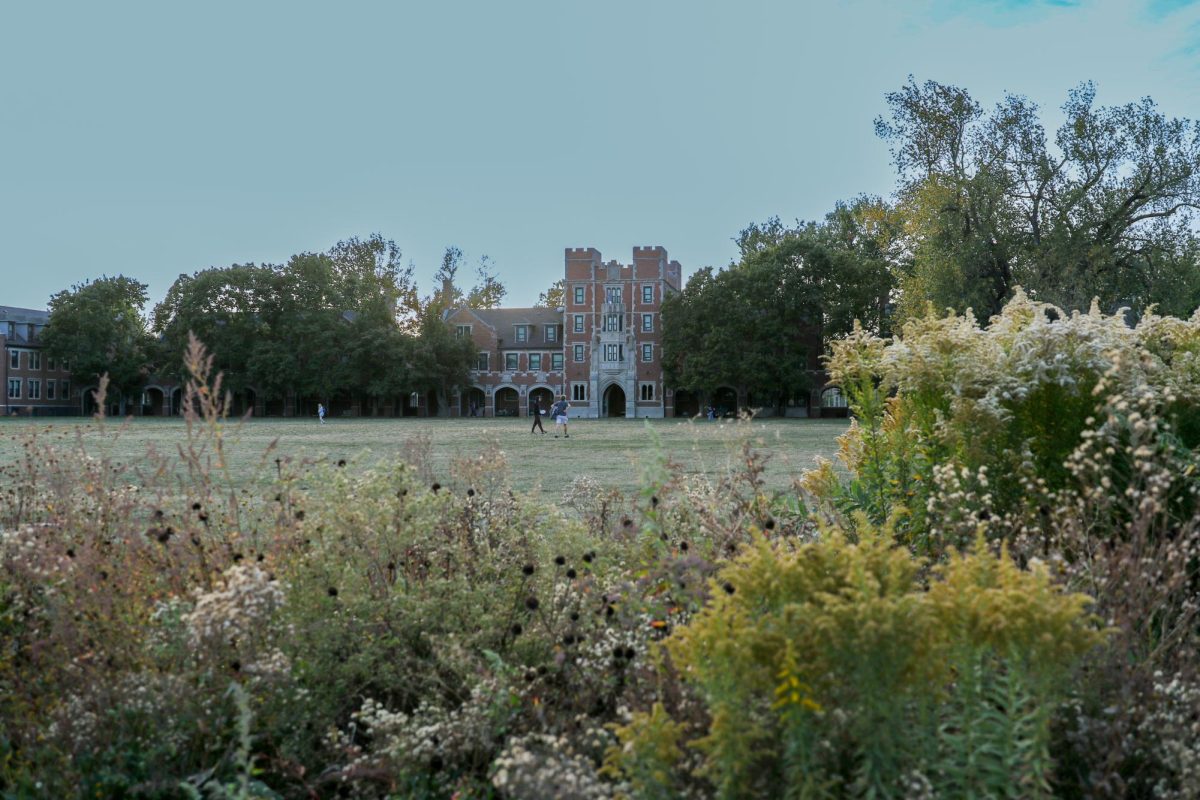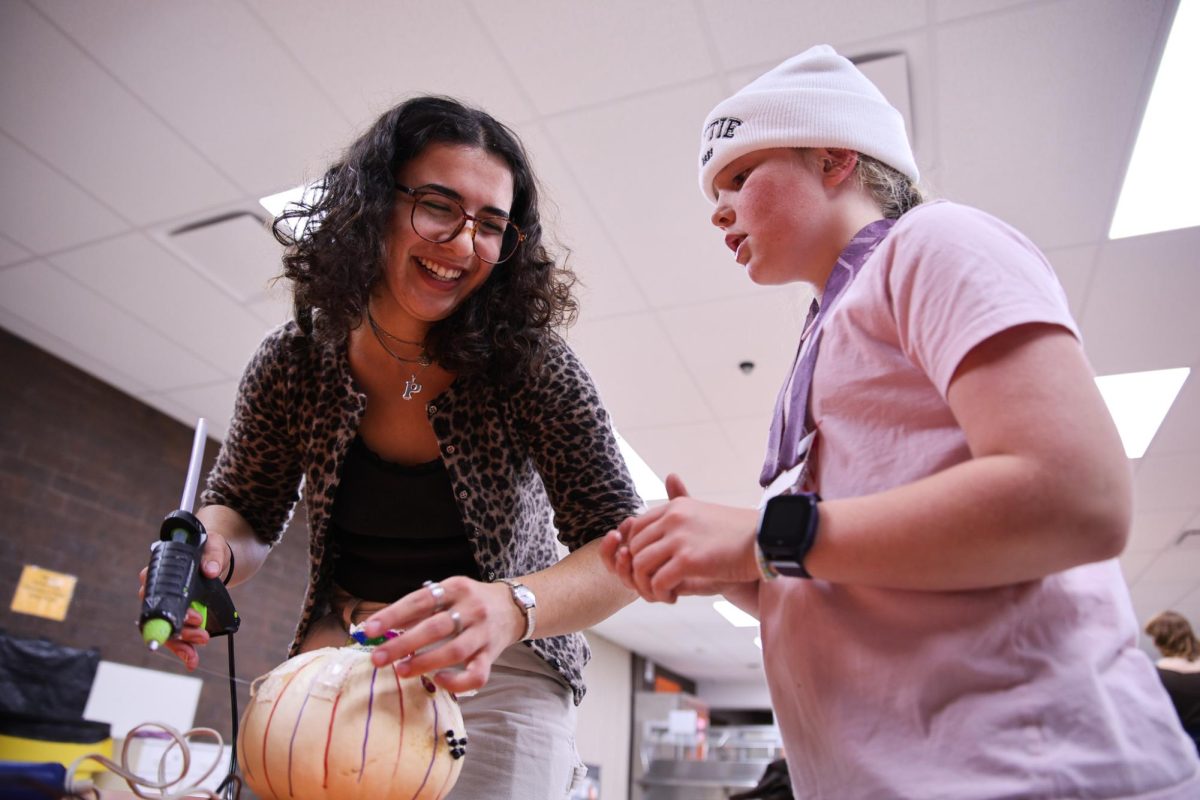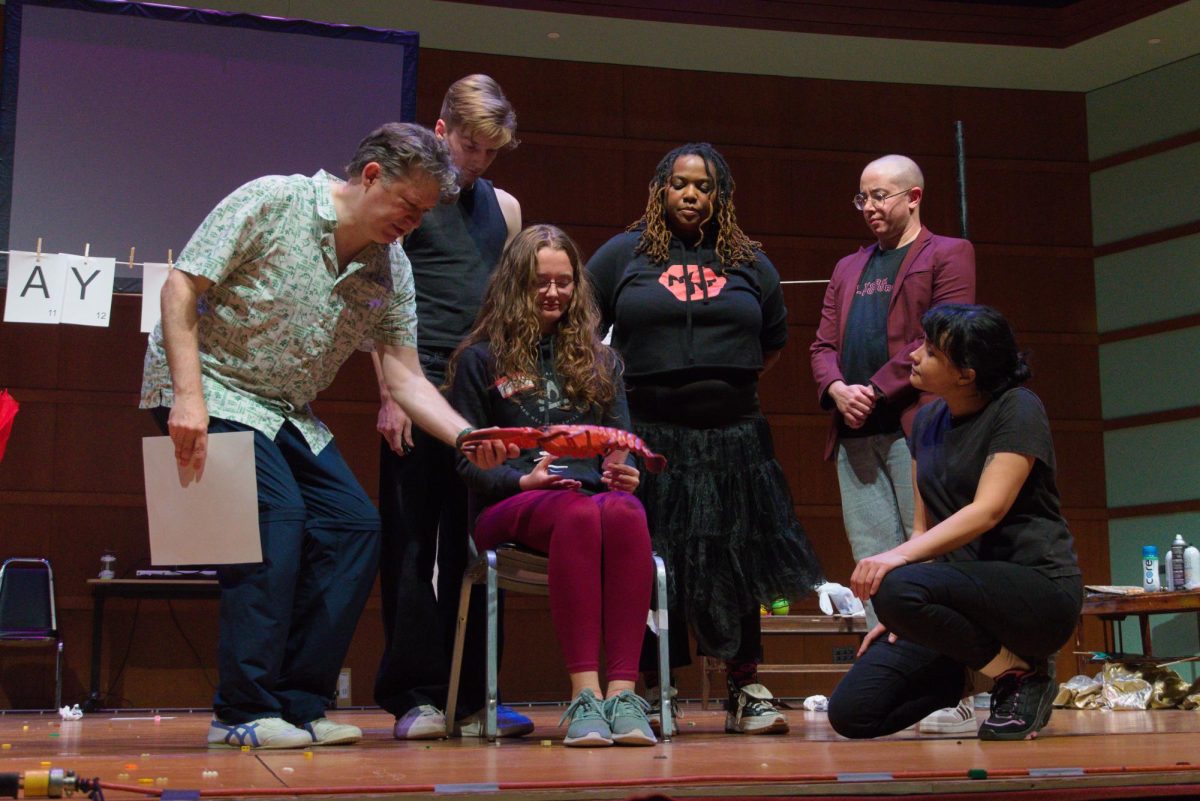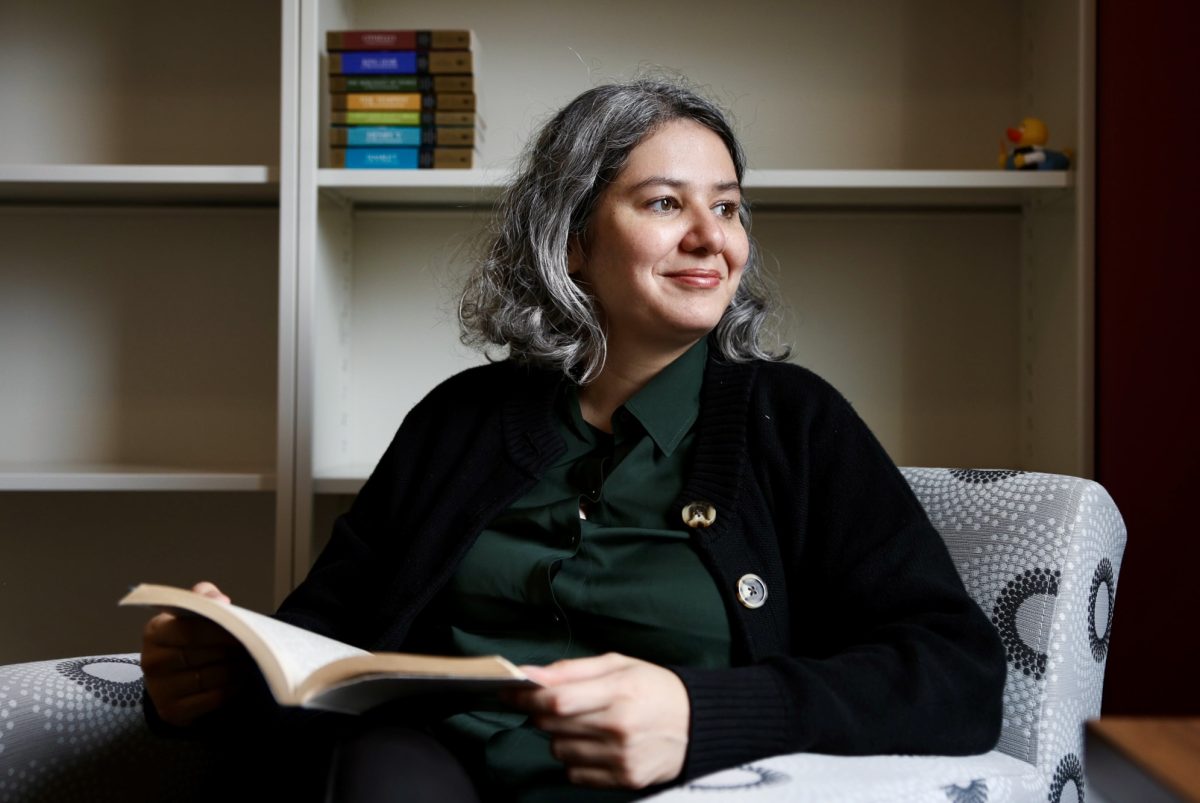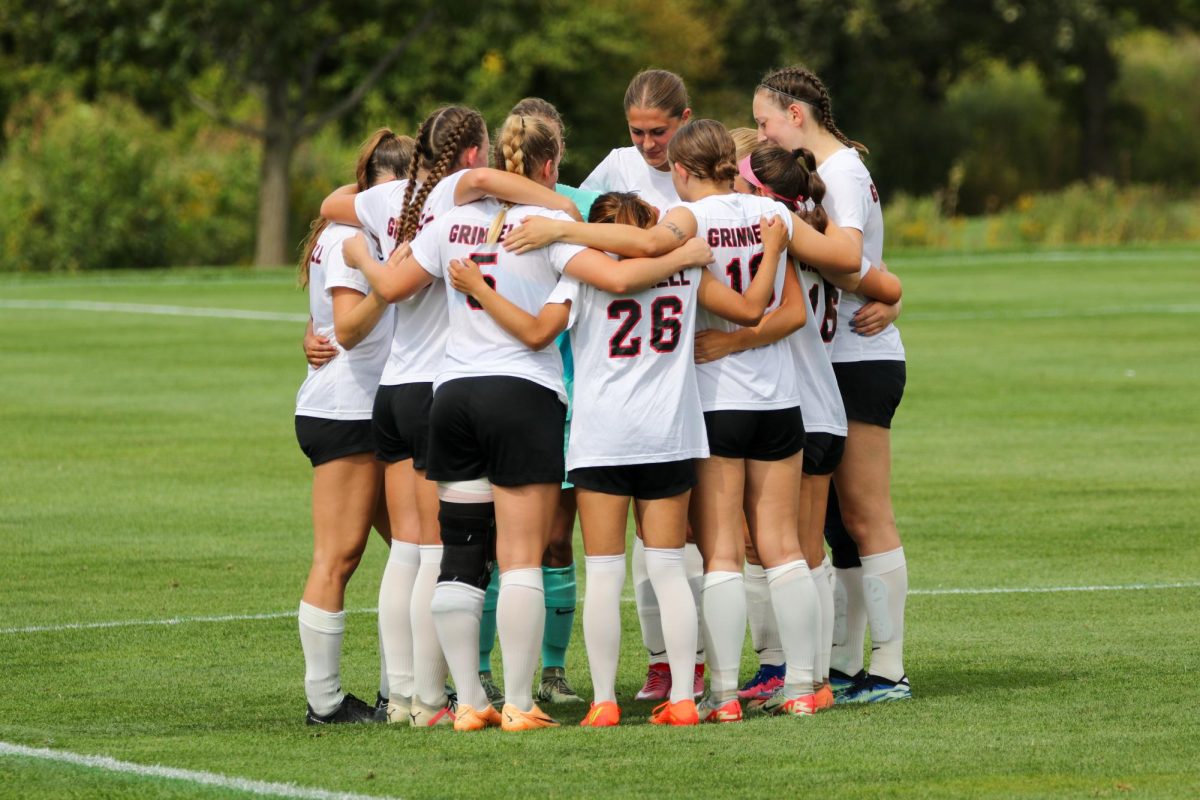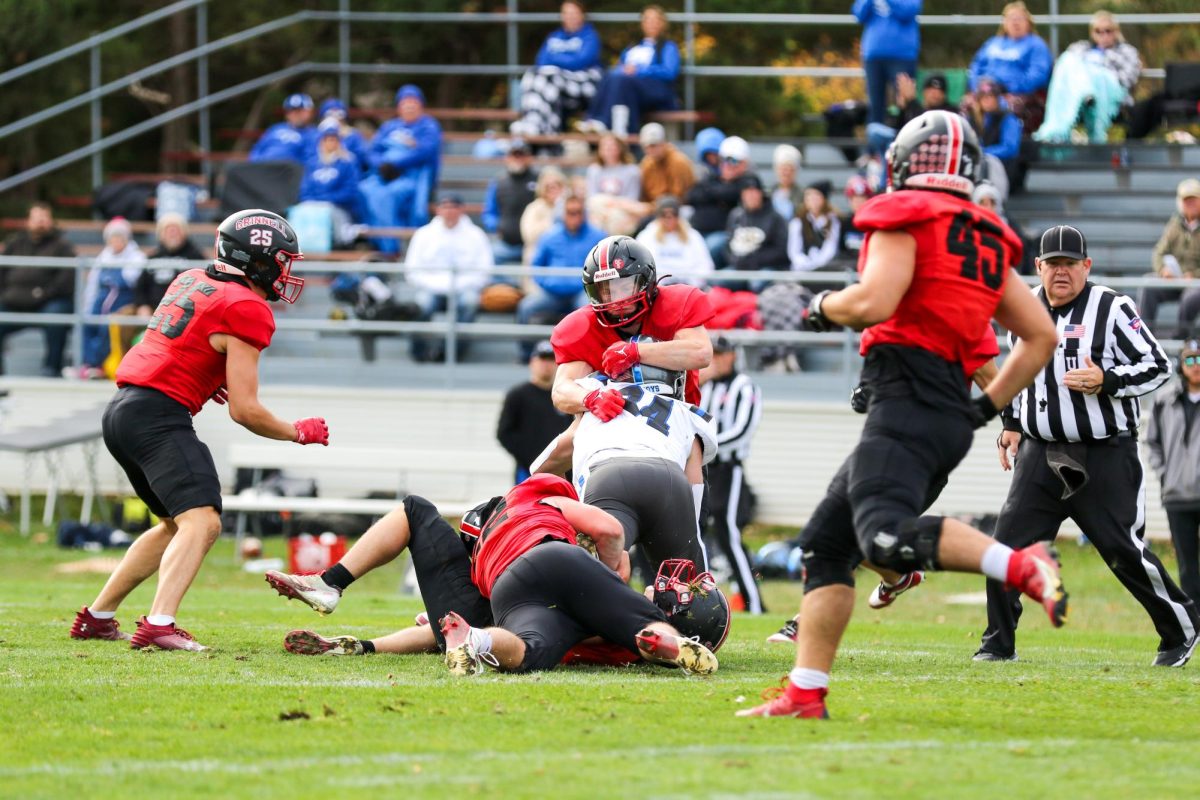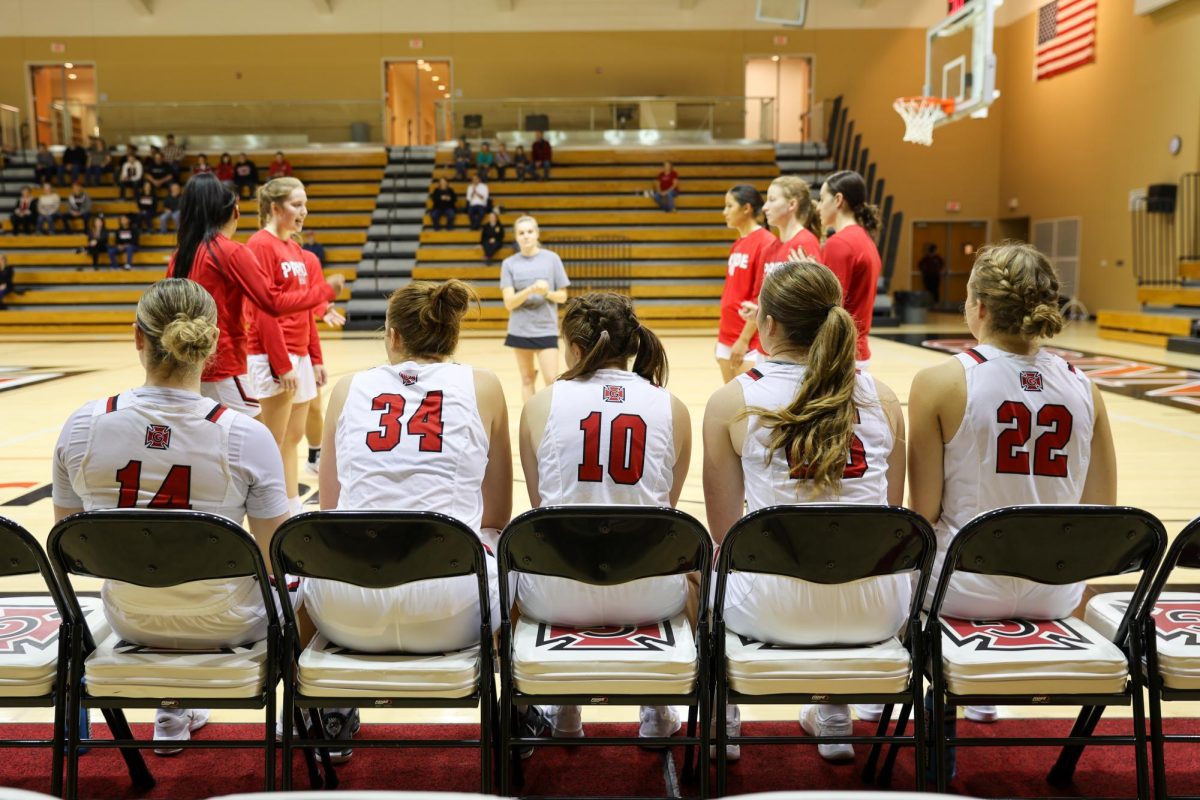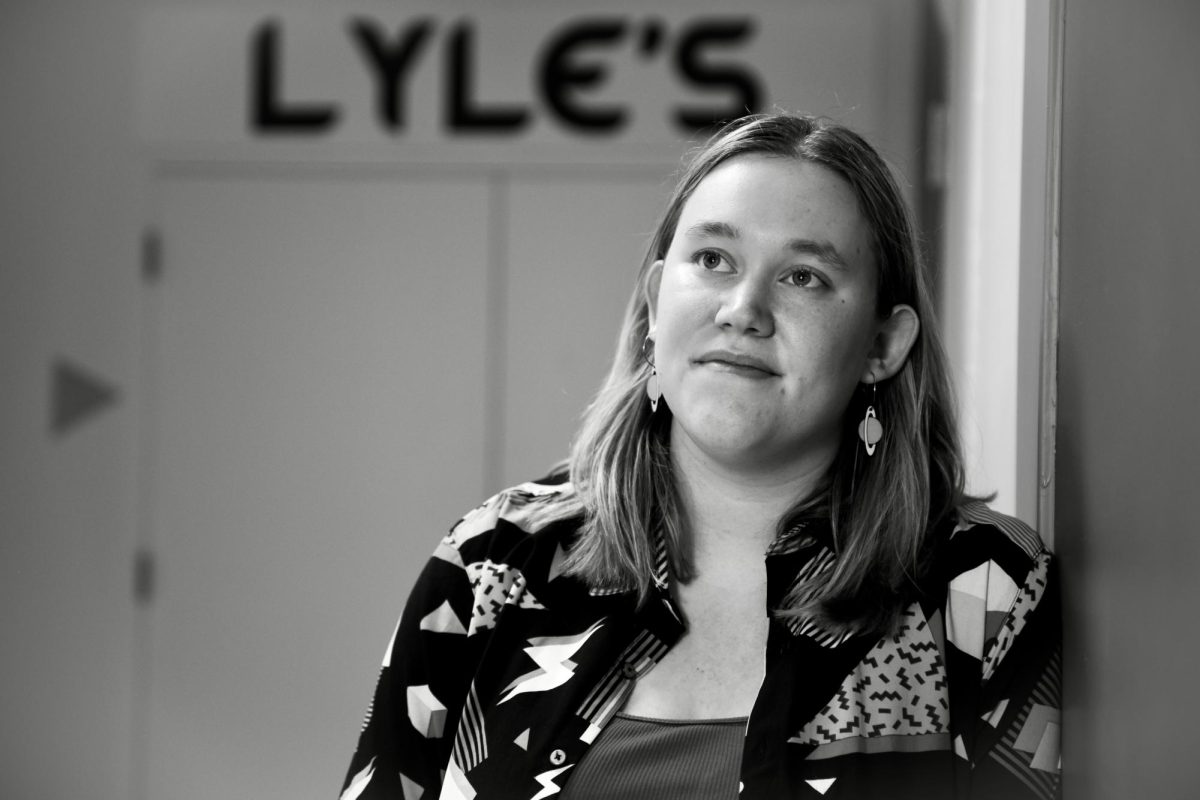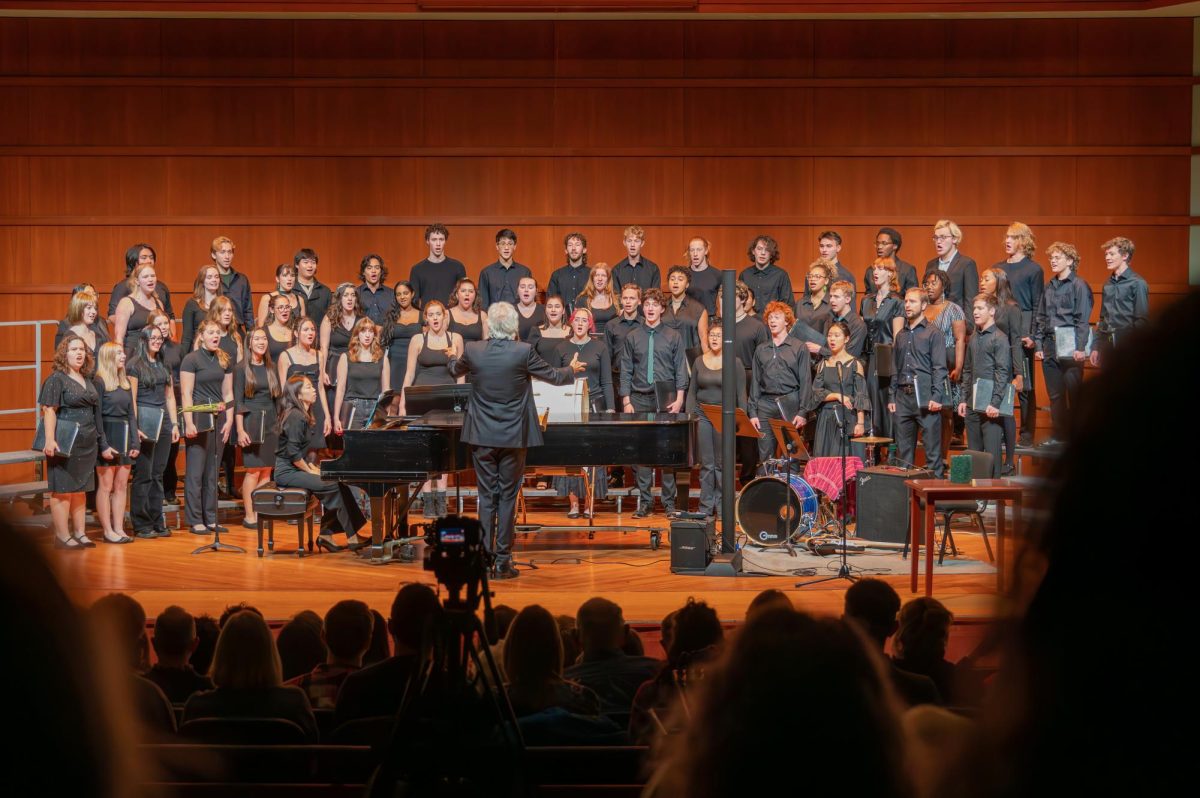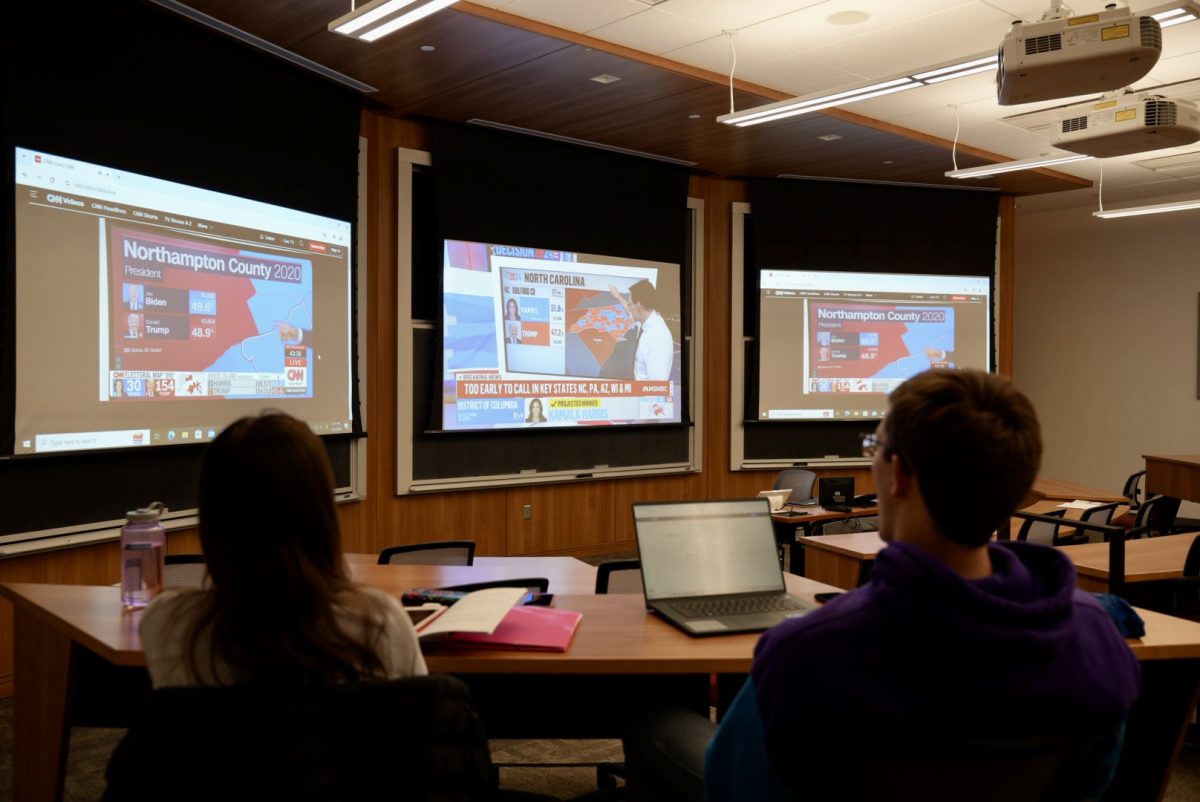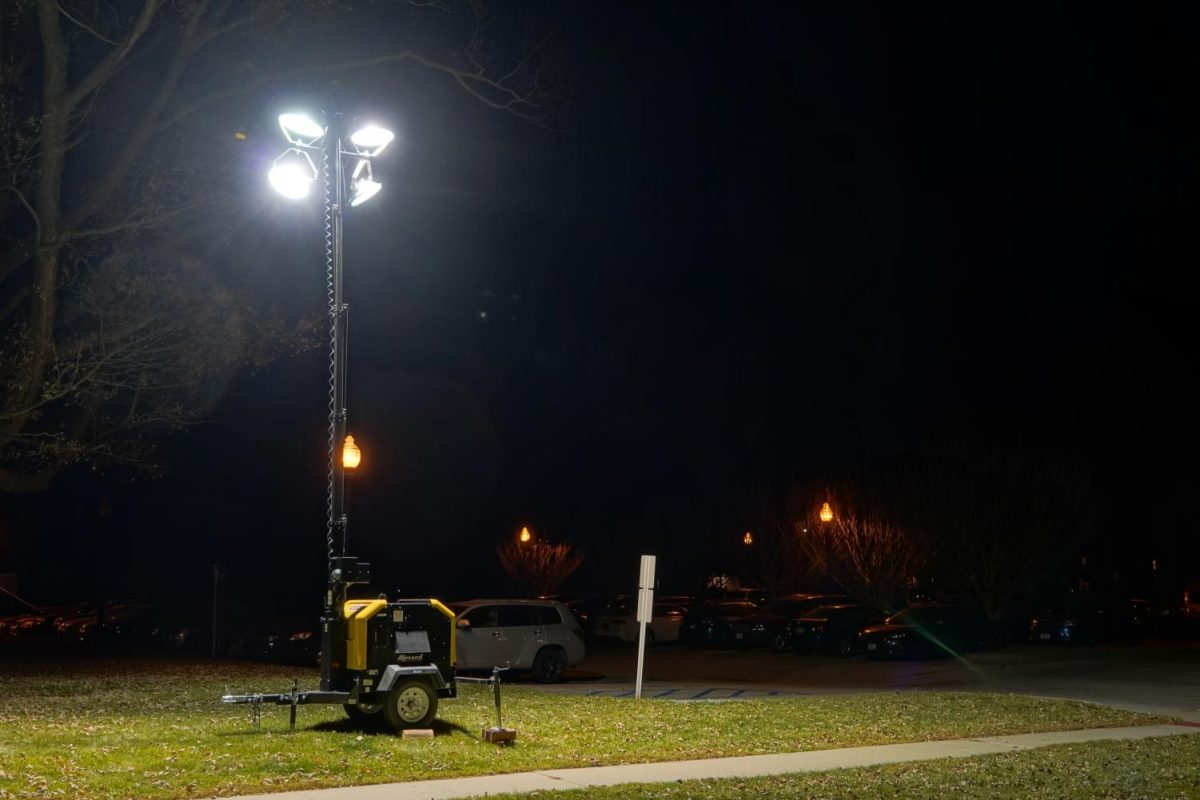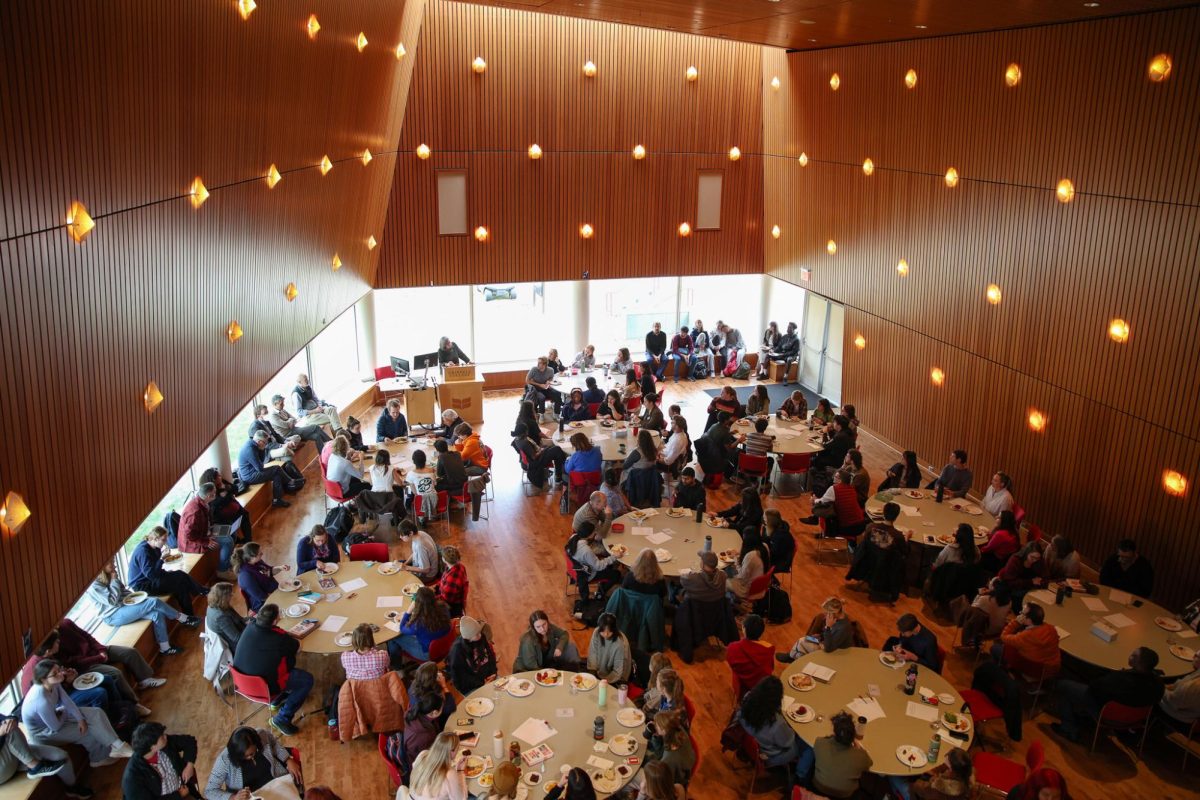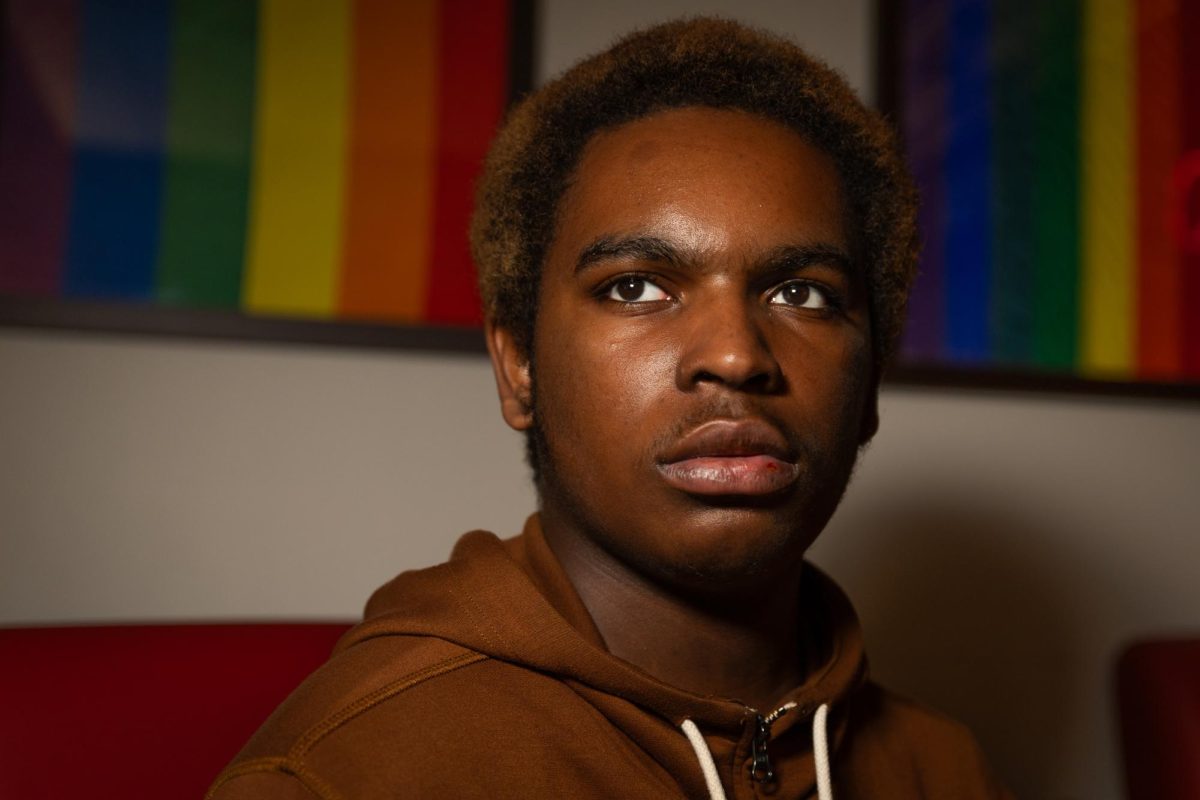Following a bias-related incident report filed over the weekend, Tuesday’s Community Hour discussed race relations on campus. Originally, the scheduled topic was on mental health and wellness, but the Student Government Association (SGA) and the administration, represented at Community Hour by Dean of Students Mike Latham, Vice President of Student Affairs Andrea Conner, Chief Diversity Officer Lakeisha Johnson and Director of Intercultural Affairs Maure Smith-Benanti believed addressing racism and its effect on the community fits into wellness.
Reportedly, a man heckled Professor Kristin Moriah, English, as she walked home on High and Fifth Street on Saturday night. The man called her “the queen supreme of racism” and said that he is glad to not be a part of the English Department. The comments, which targeted a member of the English department and the department as a whole, led Moriah and administrative officials to believe that the heckler was a student. As of now, the Office of Diversity and Inclusion, which leads bias-related incidents reports and investigations, has not discovered the student’s name. Moriah has also filed a report with the Grinnell Police Department.
Moriah is a visiting assistant professor on a one year contract. At the end of the semester, she will fill a tenure track position at Queen’s University in Ontario. Despite last weekend’s incident, Moriah has found the College and greater Grinnell Community very welcoming.
“I’ve had a great time actually in classroom the students in my classroom are doing great work … my time in town has also been overwhelming. I found people who live in Grinnell have been incredibly kind and welcoming to both me and my family in ways I could have never have predicted — that’s one of the things that made that comment so confusing. It seems like it stands in such contrast to basically all of my other interactions in this state,” Moriah said.
The English department, headed by Professor Ralph Savarese and other colleagues, urged Moriah to submit a bias-incident report, and after talking to her colleagues, Moriah agreed that filing a report would be the best course of action. As the comments targeted the English department, the faculty, staff and students felt the imperative to respond as a unified front.
“I think that because that person made a comment about [being] glad that he’s was not an English major means that there’s something particular about the major or the kind of courses that are being taught, and my courses, that he found particularly disturbing,” Moriah said.
Community Hour revealed that Moriah’s incident is not an exception to members of the College community. Students, faculty and staff stated their own experiences with racism perpetrated by peers. Many attendees characterized the administration’s response to racism as reactive and that it burdens of people of color to provide solutions to racism. Additionally, community members cited how the majority of the crowd at Community Hour were people of color further showed the College community’s failure in combating racism.
“I hope that this does not come off the wrong way, but I did not come here to provide solutions. For me, it’s a little disheartening that every time you look at this room and it’s majority people of color, we spend the first 30 minutes talking about all the ways that we’re marginalized and other buzzwords … I protest this,” said Farah Omer ’19 at Community Hour, in response to the question on finding ways to prevent incidents like Moriah’s from reoccurring. “Most people in this room are not white people and racism is white people’s shit and they should be solving it. So with all due respect to you, and I really do applaud your efforts, I am not going to respond to this question because this is not a part of my job. Students of color spend most of their time here going through so much work.”
Students further expressed their distrust in the administration, using the controversy surrounding the BCC’s closure, microaggressions often coming from people in power and conflicting information on how bias-incident reports reach the Office of Diversity as evidence of incompetence of the administration’s response to student concerns. Some questioned if the administration chose to respond to Moriah’s incident because of her status as a professor.
Next week, the English department along with the English SEPC will lead a series of anti-racist protests. It will include writing a “script” in response to the heckler and the College’s racial climate, which will be distributed to protesters to hang on doors that they will be encouraged to cover in black paper and other materials.
As a third initiative, the English department will publish an editorial online through The S&B that details the necessity for all academic disciplines and the College administration to support what Moriah calls an “anti-racist” pedagogy. Savarese has already sent a letter to all English majors and faculty stating the department’s commitment to anti-racism, and the Community Hour provided examples on what “proactive programming” should exhibit.
“One of the things we’re trying to think about as a way of honoring the strong feelings of students is through — and I’m not saying we’re doing this perfectly — but I would hope that if [community members] cover their doors black over campus, they might see that somebody had gone through the effort of making paper to wrap their door and saying that personally they won’t tolerate this,” Savarse said. “We were very conscious at that meeting of this is not sufficient … or that anybody should be satisfied with this action, but we heard a lot of pain [at Community Hour] and that pain wasn’t being responded to in a way that allowed maybe the folks to feel like there was room for them to go forward.”
LilyRose Weiss ’18 was not available for comment, but Baumgartel, Duong and Tcheng, all ’19 and members of the English SEPC, see the role of the SEPC as reaching out to other student leaders, departments and the wider campus community to recognize their responsibility in fostering a healthy campus community.
“Institutional memory at Grinnell is very transient and we might be led to believe that racism is new on this campus when it’s really not. I would love to see captains of sports teams and more students that aren’t as easily accessing these things like Community Hour[s] or these emails or Mears [Cottage] where they might not even go to,” Duong said.
Long-term goals include incorporating an anti-racist pedagogy instead of one that prioritizes tolerance, which can still allow for ideas that can harm minorities to appear in the classroom and academia. The English department believes the humanities strives for this type of teaching, but Moriah, Savarese and others hope that this approach to teaching can expand beyond the humanities.
“It’s no coincidence that the student was very well aware of the kind of material one would encounter in a humanities class … in a climate of declining enrollment figures in the humanities and social sciences, it’s becoming increasingly clear to me that there are students at Grinnell without having to be exposed to ideas that really put pressure on the assumptions they’ve grown up with. So if we’re only really educating people on racism who have taken a significant number of humanities courses, what are we saying about a liberal arts education?” Savarese said.
Johnson and the Office of Diversity and Inclusion did not respond to The S&B’s inquiries on bias-incident reports and racism on campus.
Savarese said that the College’s explicit commitment to diversity should show in a community-wide response to issues that affect people of color. Moriah also stressed the importance of submitting incident reports and for all students, not just minorities, to engage in dialogues and combat racism.
“It was wonderful to see people of color show up… but racism affects and degrades everyone, and it’s important that all students show up and take it seriously and not just people who are potentially victims of these incidents,” Moriah said. “It’s important that people in power in the majority are also showing up en masse… and they are active and vocal when these things happen… I think one of the ways that it feels as if this burden is put on victims is that for some reason not all students are actually showing up when these things happen.”
